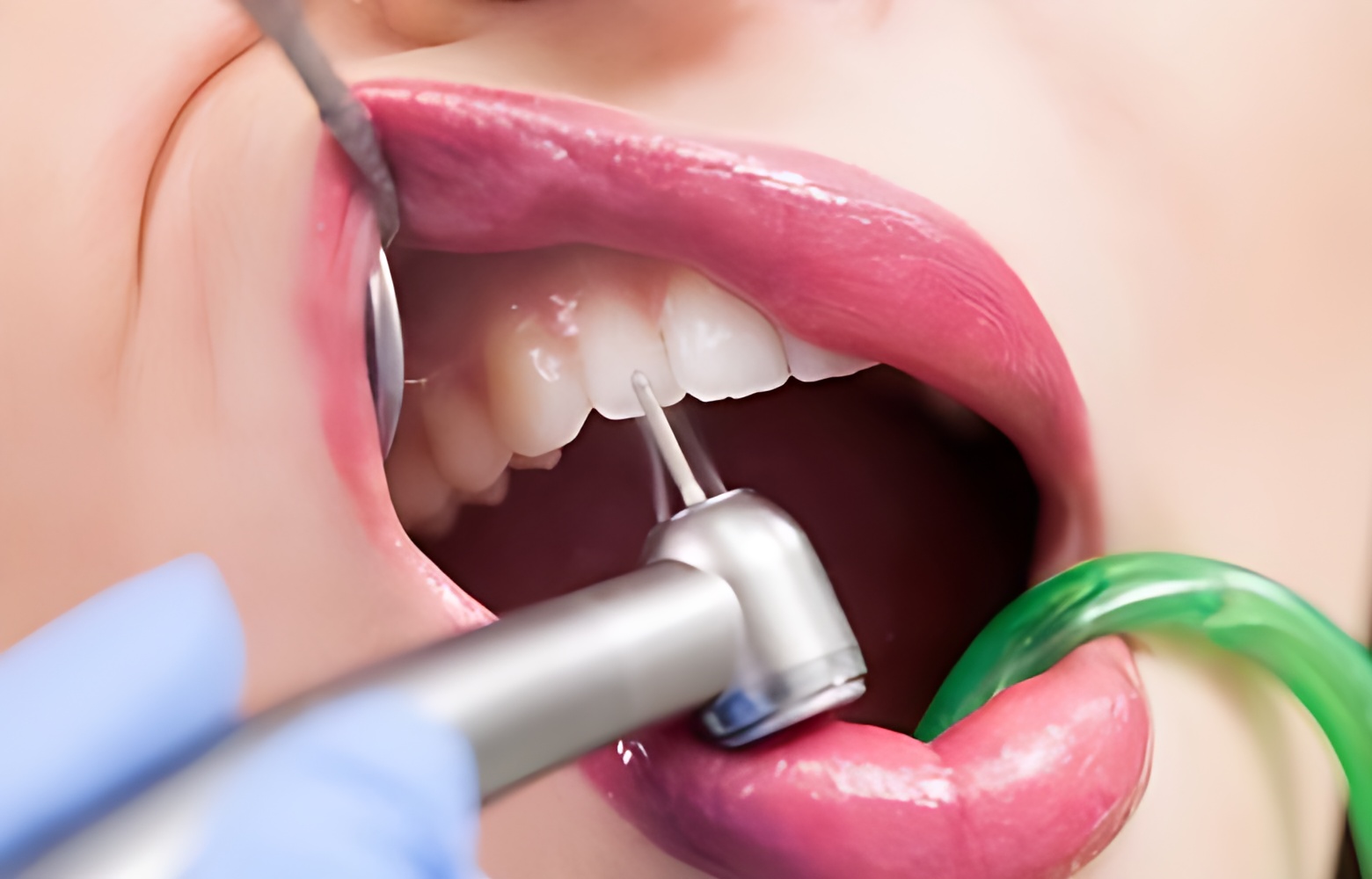What are cavities?
Tooth decay, also known as cavities, are essentially areas of damage on the surface of your teeth. When harmful bacteria in the mouth feed on sugars and starches from your diet, they produce acid as a byproduct. This acid, over time, starts eroding the enamel, creating weak spots or holes – these are cavities.
If left untreated, cavities can progress deeper into the tooth, affecting the inner layers like dentin and, eventually, the nerve center. The progression of cavities can lead to pain, sensitivity, and even more severe dental issues.

How do you know if a cavity is starting?
- Tooth Sensitivity
- Toothache or Pain
- Visible Holes or Pits
- Staining or Discoloration
- Bad Breath (Halitosis)
- Pain When Chewing or Biting
- Pus Around the Tooth
What is the main cause of tooth decay?
- Bacteria: Harmful bacteria in the mouth, particularly Streptococcus mutans, produce acids as they feed on sugars from food and drinks.
- Plaque Formation: Acids produced by bacteria cause the formation of plaque, a sticky film that adheres to tooth surfaces.
- Acid: The acids in plaque gradually erode tooth enamel, the protective outer layer of the teeth.
- Sugar and Carbohydrate Intake: Consuming sugary and carbohydrate foods provides fuel for bacteria to produce more acid and accelerates the decay process.
- Poor Oral Hygiene: Inadequate brushing and lack of flossing cause plaque accumulation on the teeth, increasing the risk of decay.
- Lack of Fluoride: Fluoride helps strengthen tooth enamel and makes it more resistant to acid attacks.
- Dry Mouth: Reduced salivary flow can contribute to tooth decay because saliva helps neutralize acids and cleanse the mouth.
- Genetics: Some individuals may have a genetic predisposition to weaker enamel or a higher likelihood of developing cavities.
What is the most effective way to treat cavities?
The most effective way to treat cavities involves a combination of professional dental interventions and personal oral care practices. It typically includes:

- Dental Fillings: Dentists use various materials, such as amalgam or composite filling, to fill and seal the cavities, restoring the tooth's structure and preventing further decay.
- Root Canal Treatment: For more advanced cavities that reach the tooth's pulp (inner tissue), a root canal treatment may be necessary to remove the infected pulp, clean the root canal, and seal it to save the tooth.
- Crowns: In cases where a large portion of the tooth is affected, a dental crown may be placed to cover and protect the remaining structure.
- Fluoride Treatment: Dentists may recommend fluoride applications to strengthen tooth enamel and make it more resistant to future decay.
How to prevent tooth decay?
- Brush your teeth at least twice a day with a manual or electric toothbrush and fluoride toothpaste..
- Maintain a consistent oral hygiene routine, flossing daily to remove plaque and debris.
- Schedule regular dental exams every six months for professional cleaning and early detection of problems.
- Limit consumption of sugary and acidic foods and drinks.
- Drink plenty of water to help clean your mouth, chew sugar-free gum to stimulate saliva production, and consider using a fluoride mouthwash.
- Also avoid tobacco products.
What is the fastest way to get rid of a cavity?
Contact our Bronze Dental Clinic in Antalya Turkey
For optimal resolution of tooth decay, it is recommended to seek immediate professional dental intervention.
Within the scope of early intervention and preventive measures, you can choose dental filling treatments and root canal treatment in Antalya. Just contact Brozne Dental Clinic in Antalya Turkey
